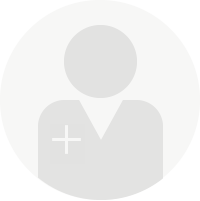For some people with epilepsy, medications alone don’t always control their seizures. Sometimes patients may turn to other treatments, such as temporal lombectomy surgery, vagus nerve stimulation device and the ketogenic diet. Another option is responsive neurostimulation (RNS).
The RNS system is an implantable device that’s similar to a heart pacemaker. It can be tailored to fit a patient’s exact needs and can learn how their brain works and what’s normal and abnormal.
The RNS device curbs seizures by doing three critical tasks:
- Monitoring – Even during sleep, the device monitors brain waves for abnormal activity.
- Detecting – The system can determine if unusual electrical activity is related to a seizure.
- Responding – When a seizure is about to begin, the RNS system responds in milliseconds. The device sends small bursts of stimulation to potentially stop the seizure before it starts.










